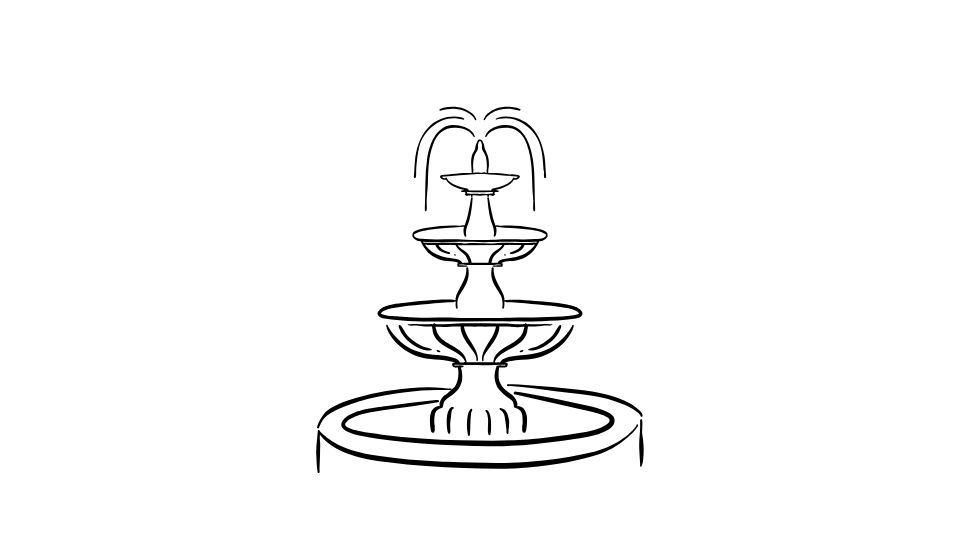Quick Sale Vs Short Sale What Sellers Should Know

Ever wondered the difference between selling your house fast and selling it for less than you owe?
You’re not alone. The terms “quick sale” and “short sale” get tossed around like they’re the same thing. But they’re about as similar as a sprint and a marathon. Both get you to the finish line, but in totally different ways.
Let me break down the key differences, why you might choose one over the other, and what each means for your wallet and credit score. Plus, I’ll share what’s happening with these sales in today’s market.
Quick Sales vs. Short Sales: The Basics
Quick Sale: Fast Cash, Full Control

A quick sale is exactly what it sounds like—selling your property fast, typically in 7–21 days. These sales usually happen with cash buyers or real estate investors who can close quickly and skip the whole mortgage approval circus.
The big advantages? You control the process. You decide the terms, the timeline, and when to pull the trigger. No bank permission needed (as long as the sale covers what you owe or you own the place outright).
Think of it like selling your car on Craigslist for cash—quick, direct, but you might not get top dollar. If you’re curious how professional home-buying companies handle this, check out Seller’s Advantage’s quick sale process for a clear breakdown.
Short Sale: Bank-Approved Discount
A short sale is when you sell your home for less than you owe on the mortgage, with your lender’s blessing.
This is for homeowners who are “underwater” (owing more than the house is worth) and facing financial hardship. Instead of foreclosing, the bank agrees to take the hit on part of what you owe.
The process is slow and complex, often taking 3–6 months or longer. Your lender has to approve everything, and they’re not exactly known for their speed.
It’s like negotiating a debt settlement—complicated, bureaucratic, but potentially saving you from worse financial damage.
If you’re working through the details of a short sale, professional services like Hapa Homebuyers can help guide you through each step while protecting your credit as much as possible.
When To Choose A Quick Sale

A quick sale makes sense when speed and certainty are your top priorities. You might consider this route if:
- You need cash ASAP for a financial emergency
- You’re relocating for a job and can’t manage two houses
- You inherited a property you don’t want to keep
- You want to avoid ongoing mortgage, tax, and maintenance costs
- Your mortgage is current and you want to protect your credit score
The beauty of quick sales is their speed—closing can happen in days or weeks because you’re not waiting for bank approvals. Many investors buy with cash, eliminating financing contingencies and delays.
But be warned: this speed usually means accepting less money than you might get in a traditional sale. Buyers know you want to move fast, and they’ll use that leverage to negotiate. I’ve seen offers come in at 60–80% of market value in these situations.
As research from the National Association of Realtors shows, homes sold without proper marketing typically fetch significantly less than those that are properly exposed to the full market.
If you’re dealing with high-end property, firms like LuxuryProperty.com specialize in finding qualified buyers fast—without sacrificing too much on price.
When A Short Sale Makes More Sense
Short sales are designed for homeowners in financial distress who:
- Owe more on their mortgage than the home is worth
- Can’t keep up with mortgage payments
- Want to avoid foreclosure and minimize credit damage
- Can document genuine financial hardship (job loss, medical issues, etc.)
The process takes patience—a lot of it. Expect months of paperwork, negotiations, and waiting for lender decisions.
For buyers, short sales offer opportunities to buy at discounts—often 10–21% below market according to CoreLogic data—though with less competition than traditional sales.
But there are real drawbacks: properties are typically sold “as-is,” and sellers have limited ability to negotiate on repairs or conditions. As one real estate attorney notes, “Short sales come with limited disclosure obligations in many states, making thorough inspections essential.”
Money & Credit Impacts
How these sales affect your finances and credit score is probably top of mind. Here’s the breakdown:
Quick Sale Financial Impact
- If you’re current on payments and the sale covers your mortgage, your credit score stays intact
- You might walk away with less money than a traditional sale
- No debt forgiveness to worry about for tax purposes
- You maintain control over how much you’ll accept
Short Sale Financial Impact
- Credit score will take a hit—usually 85–160 points according to FICO data
- The hit is generally less severe than foreclosure
- Forgiven debt may be taxable as income (though there are exceptions)
- Lender may still pursue you for the difference (depending on state laws)
- Shows up on your credit report for about 2–3 years
When I was researching this article, I spoke with a mortgage broker who put it simply: “A short sale is like getting a C– on your credit report, while foreclosure is an F. Neither is great, but one is clearly better than the other.”
What’s Happening With Short Sales Now

Short sales have made a comeback in 2025 due to several economic factors:
- Rising interest rates putting pressure on adjustable-rate mortgages
- Skyrocketing insurance premiums in many states (looking at you, Florida and California!)
- Slower home appreciation in many markets
- Inflation and consumer debt straining household budgets
These conditions have created more underwater homeowners seeking alternatives to foreclosure, which opens opportunities for investors and buyers looking for deals.
For instance, investors at BuyRIC in Canada and platforms like UrbanX in South Africa are seeing similar upticks in distressed property sales, proving this is a global trend.
As one prominent real estate economist noted in a recent Wall Street Journal report, “We’re seeing a 24% increase in short sale transactions compared to last year, though nowhere near the levels of the 2008 housing crisis.”
Quick Comparison: Choose Your Exit Strategy
| Feature | Quick Sale | Short Sale |
|---|---|---|
| Timeline | 7–21 days | 3–6+ months |
| Who’s in control | You are! | Your lender |
| Lender approval needed? | Nope | Absolutely |
| Price you’ll get | Below market, but you decide | Below mortgage balance, lender decides |
| Credit score impact | Minimal if payments current | Moderate hit, better than foreclosure |
| Biggest risk | Lowball offers, potential scams | Endless waiting, no guarantee of approval |
| Who typically buys | Cash investors | Bargain hunters with patience |
| Home condition matters? | Not really | Somewhat—better condition helps |
Final Thoughts

Understanding these differences helps you choose the right exit strategy for your situation. If speed and control matter most, a quick sale might be your best bet—even at a lower price. If you’re underwater and trying to protect your credit as much as possible, the slow path of a short sale could be worth the wait.
Either way, you now have the knowledge to make the choice that’s right for your specific circumstances. Good luck!







